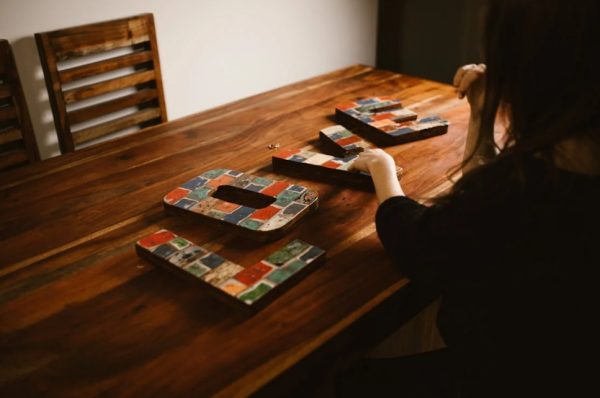Navigating Bedwetting Treatment with Divorced Parents

Bedwetting, also known as nocturnal enuresis, is a common childhood issue that can persist into adolescence and even adulthood. It can be a source of stress and embarrassment for both children and parents. When parents are divorced, navigating the challenges of addressing bedwetting can become even more complex. However, with effective communication, collaboration, and support, both parents can play a crucial role in helping their child overcome bedwetting and regain confidence. In this blog post, we’ll explore strategies for divorced parents to work together in supporting their child through bedwetting treatment.
Understanding Bedwetting:
Bedwetting is involuntary urination during sleep, and it affects millions of children worldwide. While it’s more common in younger children, it can persist into older ages. There are various factors that can contribute to bedwetting, including genetics, delayed bladder development, hormonal imbalances, and emotional stress. It’s essential for parents to understand that bedwetting is not the child’s fault and should be approached with empathy and patience.
Communication is Key:
One of the most critical aspects of addressing bedwetting in a divorced family is open and honest communication between parents. Despite any personal differences or past conflicts, both parents need to prioritize their child’s well-being and work together as a team. This includes discussing bedwetting openly, sharing information about the child’s symptoms and experiences, and jointly deciding on a treatment plan.
Coordinating Treatment Efforts:
Consistency is crucial when it comes to bedwetting treatment. Both parents should agree on a unified approach and ensure that the child receives consistent guidance and support, regardless of which household they’re in. This may involve implementing a structured bedtime routine, using bedwetting alarms, or seeking professional medical advice.
Respecting Each Other’s Boundaries:
While collaboration is essential, it’s also essential for divorced parents to respect each other’s boundaries and parenting styles. This means refraining from criticizing each other’s methods or blaming one another for the child’s bedwetting. Instead, focus on finding common ground and supporting each other in implementing the agreed-upon treatment plan.
Creating a Supportive Environment:
Bedwetting can take a toll on a child’s self-esteem and confidence. It’s crucial for both parents to create a supportive and nurturing environment where the child feels comfortable discussing their feelings and experiences. Encourage open communication, praise progress, and reassure the child that bedwetting is a common issue that can be overcome with time and patience.
Seeking Professional Help:
In some cases, bedwetting may persist despite efforts to address it at home. If bedwetting continues to be a concern, it’s essential to seek guidance from healthcare professionals. These professionals can offer specialized treatment options, such as an alarm treatment.
Bedwetting treatment can be challenging for any family, and it can be particularly complex for divorced parents. However, by prioritizing effective communication, collaboration, and support, divorced parents can play a vital role in helping their child overcome bedwetting and regain confidence. By working together as a team and creating a supportive environment, parents can empower their child to navigate this common childhood issue with resilience and optimism.
>> Visit our FAQ section for more information about bedwetting treatment
>> To learn more about our plans and pricing click here
Search
Recent Posts
Categories
- ADHD
- adult bedwetting
- All about Bedwetting
- bed wetting
- bed wetting alarms
- bed wetting treatment
- bedwetting
- bedwetting blog
- bedwetting causes
- Bedwetting Dictionary
- bedwetting medication
- bedwetting solution
- bedwetting solutions
- bedwetting therapee
- bedwetting therapy
- diurnal enuresis
- dribbling
- How to stop bed wetting
- nappies
- News
- primary enuresis
- progress chart
- secondary enuresis
- sleep
- sleepovers
- The Solution – Therapee
Tags
Archives
- March 2025
- November 2024
- October 2024
- September 2024
- August 2024
- May 2024
- April 2024
- March 2024
- February 2024
- January 2024
- December 2023
- September 2023
- August 2023
- July 2023
- June 2023
- May 2023
- April 2023
- March 2023
- February 2023
- January 2023
- December 2022
- November 2022
- October 2022
- September 2022
- August 2022
- July 2022
- June 2022
- May 2022
- April 2022
- March 2022
- February 2022
- January 2022
- December 2021
- November 2021
- October 2021
- September 2021
- August 2021
- July 2021
- February 2015
- January 2015
- December 2014
- November 2014
- October 2014
- September 2014
- August 2014
- July 2014
- June 2014
- May 2014
- April 2014
- March 2014







